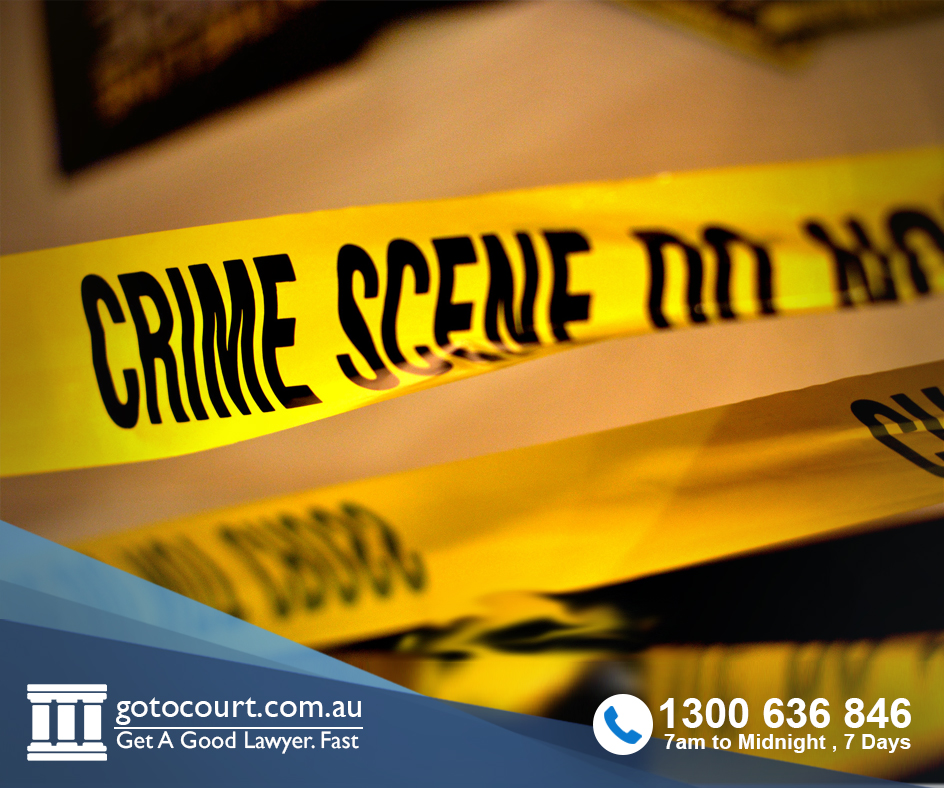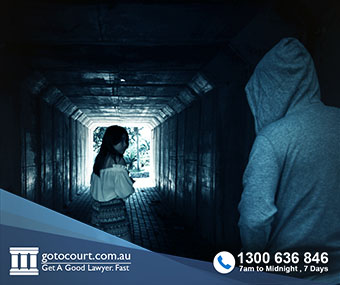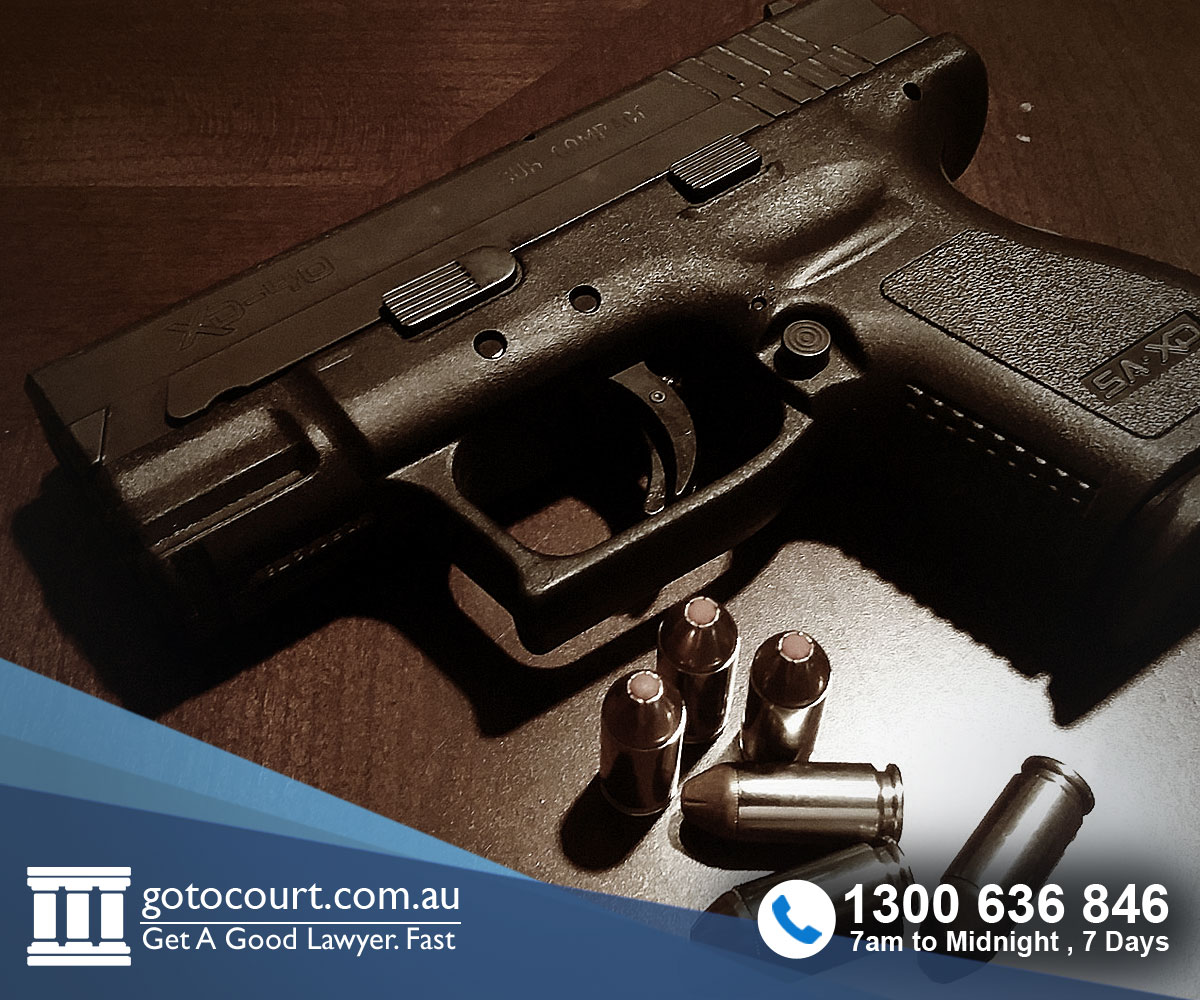The Defence of Insanity in Tasmania
A person is not guilty of a criminal offence if they were suffering from a mental illness which meant they were unable to understand what they were doing or were unable to understand that they ought not to do it. The defence of insanity in Tasmania has been codified in sections 15 and 16 of the Criminal Code Act 1924. This article outlines the defence of insanity in Tasmania.
Legislation
Section 15 of the Criminal Code Act states that every person is presumed to be of sound mind until the contrary is proved. This means that it is not necessary for the prosecution to prove that an accused person is of sound mind in a trial where this is not at issue, or where evidence to the contrary has not displaced this presumption. The defence bears the burden of proving that the accused is not guilty because of insanity.
Under section 16, a person is not responsible for an act or omission made at a time:
- They were suffering from a mental disease to such an extent they could not understand the nature of the physical act or omission or could not understand that they ought not do it; or
- When the act or omission was done under an impulse that they could not resist because of a mental disease.
Unable to understand the nature of the act
A person is unable to understand the nature of a physical act if they do not understand the act and its consequences. Examples of this are where a person strikes another person without being aware that they are causing pain or injury, or where a person attacks another person, thinking that they are restraining an animal.
Unable to understand that they ought not to do the act
A person is unable to understand that they ought not to do an act if a disease of the mind is preventing them from thinking rationally about whether something is right or wrong. If a person’s mind is disordered by a mental illness and they cannot think sensibly, they cannot know that their conduct is wrong by the standards of a reasonable person.
An impulse they could not resist
This limb of the insanity defence involves a situation where the accused’s volition is impaired by their mental illness so that they have no power to resist impulses.
What is a mental disease?
The concept of ‘mental disease’ is legal rather than medical. It is for the jury to determine whether the accused was suffering from a condition that amounted to a mental disease according to the legal definition of that term. Medical evidence is likely to be crucial to this determination.
The term ‘mental disease’ is not defined in the Criminal Code, but the common law defines a ‘disease of the mind’ as follows:
The expression ‘disease of the mind’ is synonymous, in my view, with ‘mental illness’ … The essential notion appears to be that in order to constitute insanity in the eyes of the law, the malfunction of mental faculties called ‘defence of reason’ in the M’Naghten rules, must result from an underlying pathological infirmity of mind, be it of long or short duration and be it permanent or temporary, which can be properly termed mental illness, as distinct from the reaction of a healthy mind to extraordinary external stimuli (King CJ in R v Radford).
Conditions that have been accepted by courts as providing a defence of insanity include schizophrenia, reactive depression, psychomotor epilepsy, and post-traumatic stress disorder. A 2020 Law Form Institute Review of the state’s insanity laws noted that there is uncertainty as to whether personality disorders amount to a mental disease and this will depend on the evidence before the court in each individual case.
M’Naghten and the defence of insanity in Tasmania
Sections 15 and 16 of the Tasmanian Criminal Code are a codification of the rules set out in the 1843 English House of Lords decision of M’Naghten. In that case, medical evidence was adduced that the accused had a delusional belief that the police were persecuting him, on behalf of the Tory party. Evidence was presented during his trial that he was acting under that delusion when he killed a man, believing him to be the Home Secretary, Sir Robert Peel. M’Naghten was acquitted on the basis of insanity and the House of Lords subsequently set out the rules of insanity. The M’Naghten Rules established that there is a presumption that a person is sane and responsible for his crimes unless the contrary is proved.
The House of Lords stated:
To establish a defence on the ground of insanity, it must be clearly proved that, at the time of the committing of the act, the party accused was labouring under such defect of reason, from disease of mind, as not to know the nature and quality of the act he was doing; or, if he did know it, that he did not know what he was doing was wrong.
Persons found not guilty based on the defence of insanity in Tasmania
When a person is found not guilty because of insanity, they must be dealt with under the Criminal Justice (Mental Impairment) Act 1999. Section 21 of that act empowers a court to make a range of orders, including an order that the person be released conditionally or unconditionally.
A person found not guilty of an offence based on the insanity defence in Tasmania may also be placed on a restriction order or a supervision order. A restriction order requires a person to be detained in a secure mental health facility. A supervision order releases the person under the supervision of the Chief Forensic Psychiatrist. These are indefinite orders that can only be revoked by the Supreme Court.
If you require legal advice or representation in any legal matter, please contact Go To Court Lawyers.








